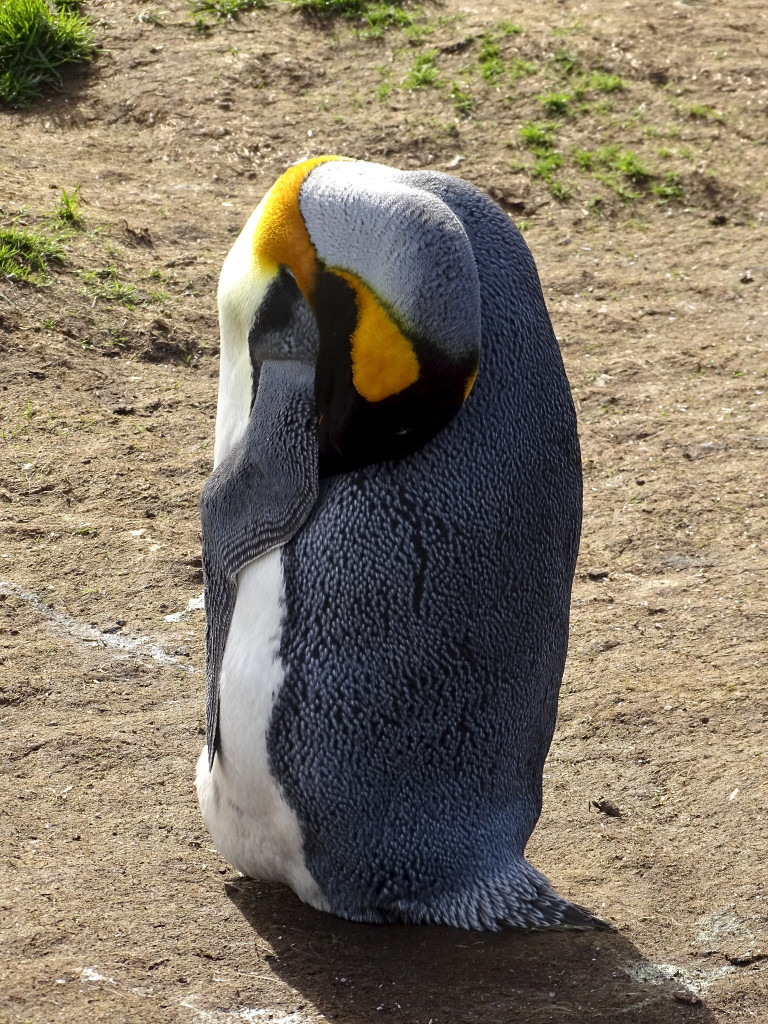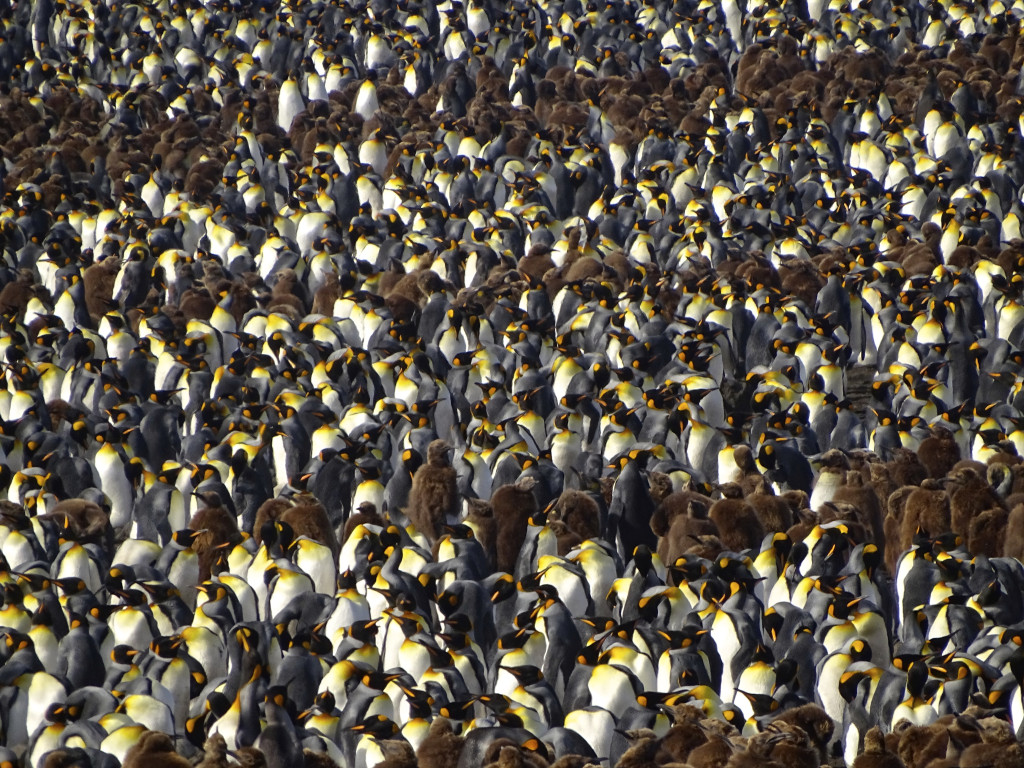 Birds don’t have a sense of smell.
Birds don’t have a sense of smell.
Gregory Cunningham, associate professor of biology at St. John Fisher College, explains his research that may change this belief.
Dr. Gregory Cunningham is an Associate Professor of Biology at St. John Fisher College, a small liberal arts college in Rochester, New York. He received his Ph.D. in physiology from the University of California at Davis, studying the development of olfactory (sense of smell) behaviors in three species of seabirds. Following this he spent a short period of time at the Percy Fitzpatrick Institute of African Ornithology in Cape Town, South Africa where he studied olfaction in African penguins. He then took his position at St. John Fisher College, where he continued his studies on African penguins, while also studying Common paraques in Costa Rica. When not traveling for research, he studies local songbird populations, and Red-tailed hawks. He is an expert on avian olfaction. He is interested in how birds use their sense of smell to aid in foraging, to find their nest, and in social interactions. Most recently he teamed with Dr. Francesco Bonadonna from the Centre National de la Recherche Scientifique of France to study olfaction in King penguins.
Penguin’s Sense of Smell

I can still hear the words of my undergraduate ornithology professor: “Birds don’t have a sense of smell.” And yet, for the past thirty years I and other researchers have studied how a variety of bird species use odors to find food, find their nests, identify their mates, and recognize predators. 
Most recently I worked with Dr. Francesco Bonadonna from the Centre National de Recherche Francais on the island of Kerguelen in the Southern Indian Ocean. Living on a beach with more than 100,000 King penguins, I set out to determine if these birds were sensitive to a variety of odors. Relentless winds and the birds’ behaviours made this incredibly difficult.
After ten days of trying to test the birds with little success, I had a curious idea. Would the hundreds of sleeping birds respond if I snuck up on them and held scented sticks beneath their beaks?
They did! Adults woke up more often when presented with an odor than when presented blank control. We expected that they would respond to DMS—a food-related odor that many marine organisms use to identify likely locations for food—but they also responded to the scent of feathers and feces. Their response to these scents, which form the basis of an individual or a colony odor, suggests that King penguins may not be solely recognizing their offspring or colony by sound, as has long been thought, but may be using scent as well. Our observation that adults returning from the ocean mostly arrive downwind of the colony and walk into it to find their mate or offspring seems to confirm this hypothesis.
Working on a remote island in the sub-Antarctic is challenging, but research conducted by myself and others continues to bear fruit, and we are developing a more thorough understanding of how crucial odors are to penguins and other birds.


Comments
One response to “Gregory Cunningham, St. John Fisher College – Penguin’s Sense of Smell”
Great article! Dr. Cunningham’s research, and his ingenious way of testing penguins’ sense of smell, are fascinating.